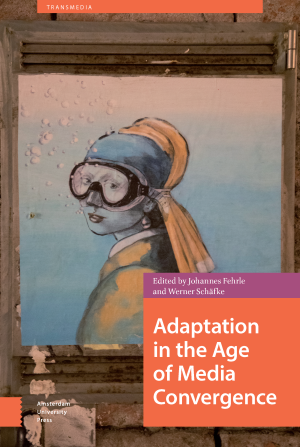"As a transmedia process, adaptation invites, arguably demands, multiple disciplinary methods. The varied approach of Adaptation in the Age of Media Convergence does bring fresh perspectives to the topic and helps situate adaptation within larger transmedia processes."
- Liam Burke, Adaptation, Vol. 13, No. 2, 2020


